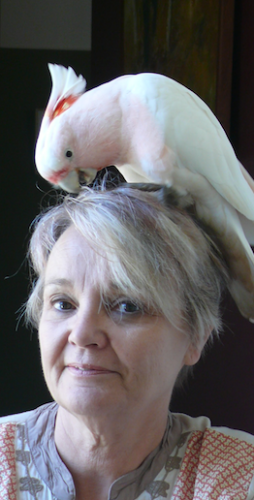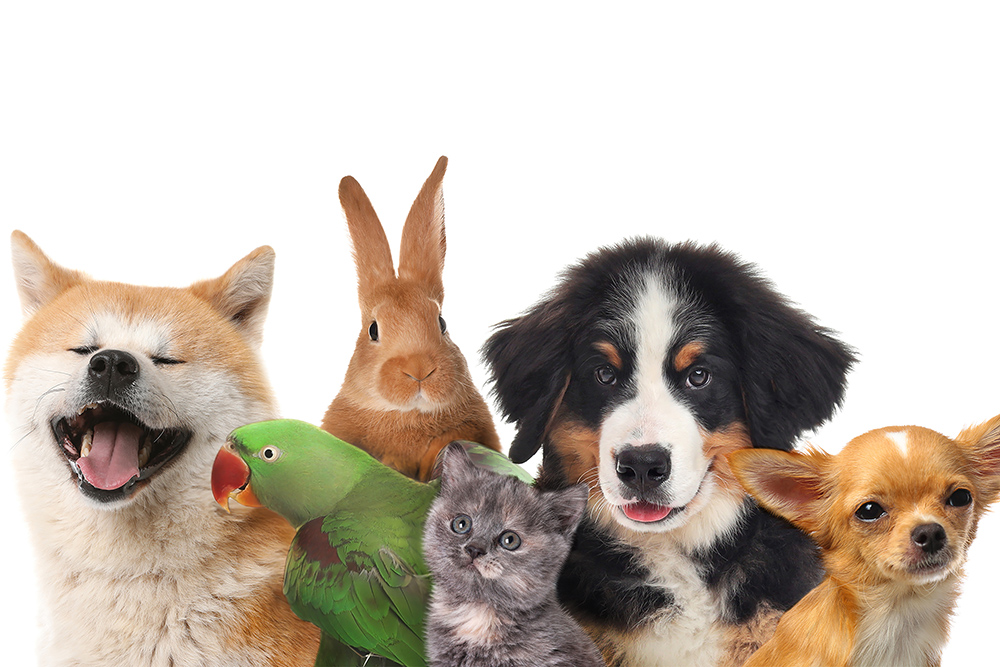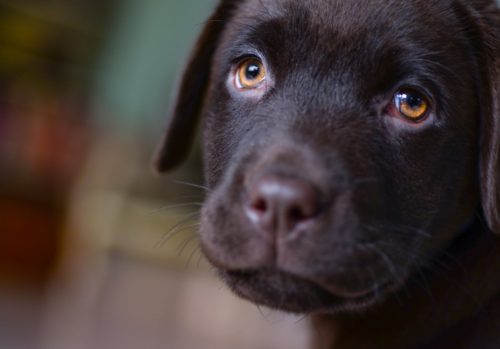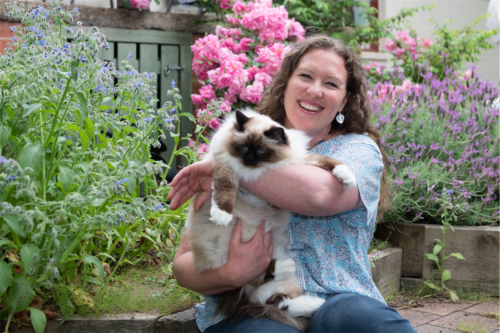FORMER medical researcher Jan Provis believes animals share similar mental experiences with humans.

Prof Provis was professor of anatomy and associate dean in the ANU Medical School, as well as the associate director of the ARC Centre of Excellence in Vision Science.
While over the last couple of decades the sciences have started to accept that animals feel emotions such as fear, anger and love in the same way humans do, doubts still exist that “higher” functioning such as self-consciousness and reasoning exist in animals, especially those that lack cerebral cortices.
Yet Jan is happy to go one step further and accept that animals are self-conscious and in possession of a mind, very much like ours, even if they are simpler-structured brains.
Among Jan’s many research interests were comparing the structural and functional differences and similarities of the brain of different species, with a focus on bird brains.
The term “bird brain” is synonymous with being simple-minded and incapable of complex thought and reasoning.
This assumption of birds being simple-minded animals was primarily based on the fact that their brains are small and are lacking a cerebral cortex.
The cerebral cortex in mammals is believed to be dedicated to higher-functioning tasks such as reasoning. Animals that possess highly developed cortices include humans, apes, dolphins, as well as dogs, horses and cats.
Jan argues that, although birds lack a cortex, they appear to be anything but simple-minded. She doesn’t believe that size matters when it comes to complex mental functioning, but agrees with theories that suggest that birds’ brains may actually be more efficient than complex mammalian brains.
Jan’s “pet project” to help her understand the mind of a bird was a female, Major Mitchell cockatoo named Tom, which lives as part of the family with Jan, her husband and their two poodles.
Allowing Tom to participate in the daily activities in the house have allowed Jan a unique view into the complexities of a cockatoo’s mind.
Tom has demonstrated that there is more to its tiny brain then we are led to believe. One evening, when Tom was supposed to return to its cage for the night, the cockatoo spread its wings blocking the entrance to the cage and refused to go inside. Tom decided to sleep on the shower partition instead.
Tom also received daily lessons from Jan to help their bonding and to provide mental and physical stimulation.
To Jan’s surprise, Tom started to reject invitations to the lessons by flying up to a high window ledge and refusing to come down even though its favourite treats were on offer.
In driving a hard bargain with the former ANU professor, is the cockatoo in possession of a “bird” brain? Absolutely. However, is it simple-minded? Apparently not!
Heike Hahner is a dog and pet training and psychology consultant, hhahner@bigpond.com
Who can be trusted?
In a world of spin and confusion, there’s never been a more important time to support independent journalism in Canberra.
If you trust our work online and want to enforce the power of independent voices, I invite you to make a small contribution.
Every dollar of support is invested back into our journalism to help keep citynews.com.au strong and free.
Thank you,
Ian Meikle, editor




Leave a Reply